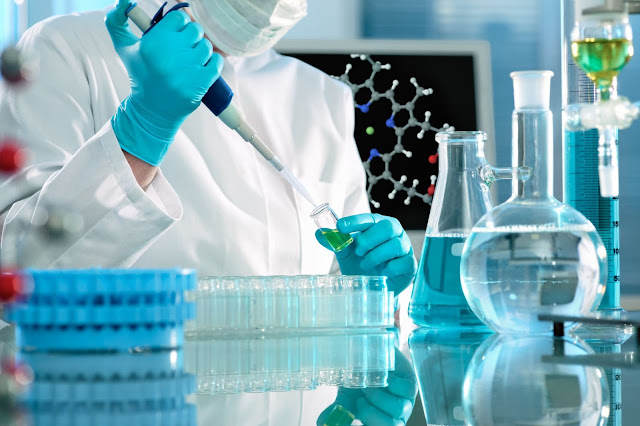
Pharmaceutical Analytical Testing Market
In recent years, the importance of pharmaceutical analytical testing has been steadily rising, becoming a crucial aspect of the healthcare industry. This comprehensive market analysis delves into the factors driving the growth and significance of pharmaceutical analytical testing, exploring its impact on drug development, safety, and regulatory compliance.
Pharmaceutical
analytical testing refers to a wide range of techniques used to assess the
quality, safety, and efficacy of pharmaceutical products. It involves the
analysis of drug substances, raw materials, and finished products to ensure
they meet stringent quality standards and regulatory requirements. The primary
objective of this testing is to provide accurate and reliable data on drug
composition, stability, purity, and performance.
One of the key factors
contributing to the rising importance of pharmaceutical analytical testing is
the increasing complexity of drug formulations. The pharmaceutical industry is
witnessing a surge in the development of novel drug delivery systems,
biologics, and combination products. These advancements require sophisticated
analytical techniques to assess their quality and performance. Analytical
testing plays a crucial role in ensuring that these complex formulations are
safe, effective, and meet the desired specifications.
The Global
Pharmaceutical Analytical Testing Market was valued at US$ 7137.91 Mn in 2021 and is forecast to reach a value of US$ 12,352.3 Mn by 2028 at a CAGR of 8.2% between 2022 and 2028.
Regulatory authorities
around the world are placing greater emphasis on drug quality and safety.
Strict regulations and guidelines have been implemented to ensure that
pharmaceutical products are of high quality and do not pose any risks to
patients. Analytical testing is an integral part of the regulatory approval
process, as it provides evidence of product quality and compliance.
Pharmaceutical companies must conduct extensive analytical testing throughout
the drug development lifecycle to meet these regulatory requirements.
The growing prevalence
of counterfeit drugs and the need to combat drug adulteration further emphasize
the importance of pharmaceutical analytical testing. Counterfeit drugs pose
significant risks to public health, and analytical testing plays a crucial role
in identifying and preventing their circulation. By analyzing the composition
and quality of pharmaceutical products, analytical testing can help detect
counterfeit or substandard drugs, safeguarding patient safety and trust in the
healthcare system.
The advancements in
analytical technologies have also contributed to the growing importance of
pharmaceutical analytical testing. Innovations such as high-performance liquid
chromatography (HPLC), mass spectrometry, and spectroscopy have revolutionized
the field, enabling faster and more accurate analysis of pharmaceutical
samples. These technologies offer increased sensitivity, selectivity, and
reliability, enhancing the efficiency and effectiveness of analytical testing
processes.
The importance of Pharmaceutical
Analytical Testing Market is driven by various factors, including the
complexity of drug formulations, regulatory requirements, counterfeit drug
concerns, and technological advancements. As the pharmaceutical industry
continues to evolve, the demand for accurate and reliable analytical testing
will only increase. By ensuring the quality, safety, and efficacy of
pharmaceutical products, analytical testing plays a critical role in protecting
public health and promoting trust in the healthcare system.



0 Comments